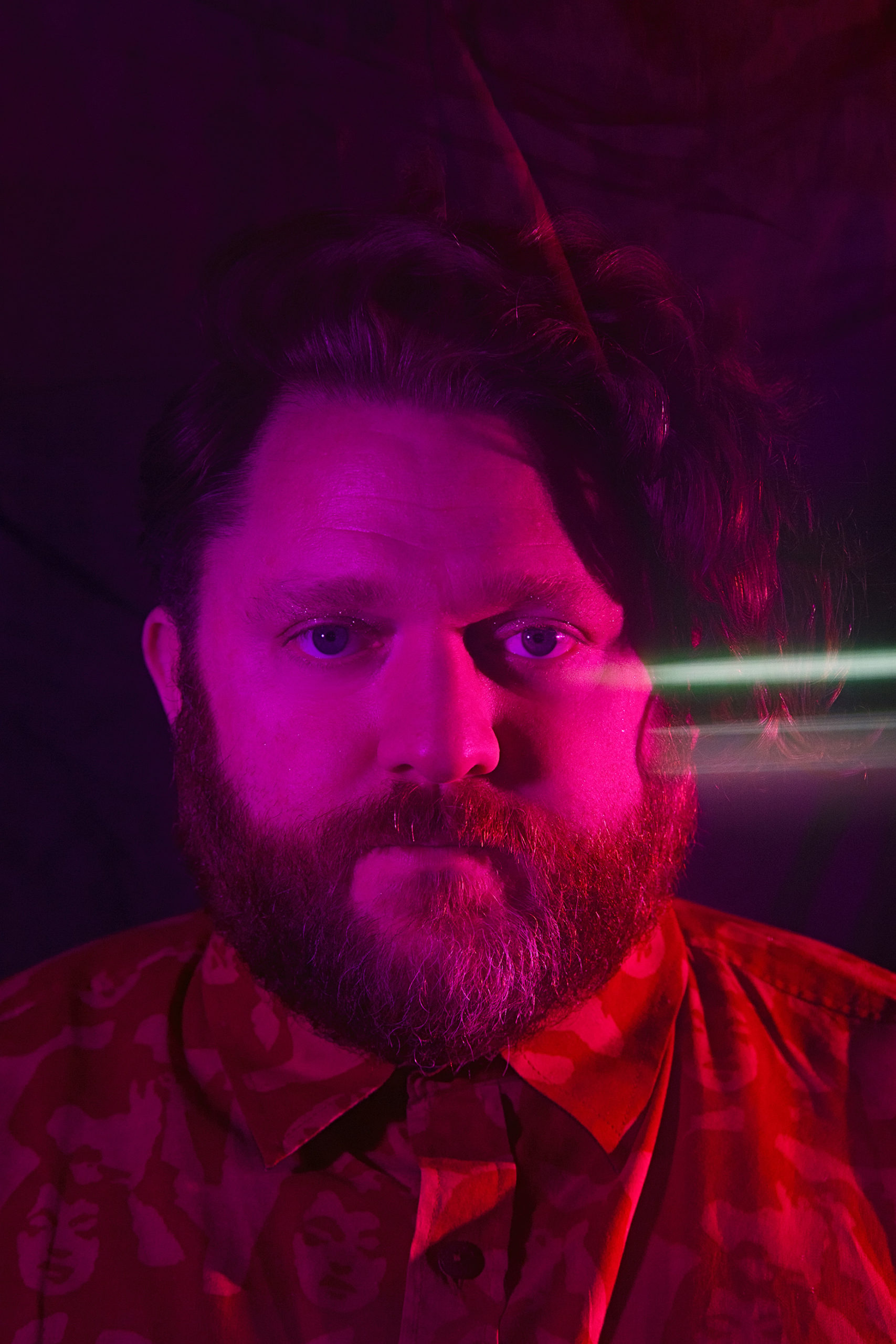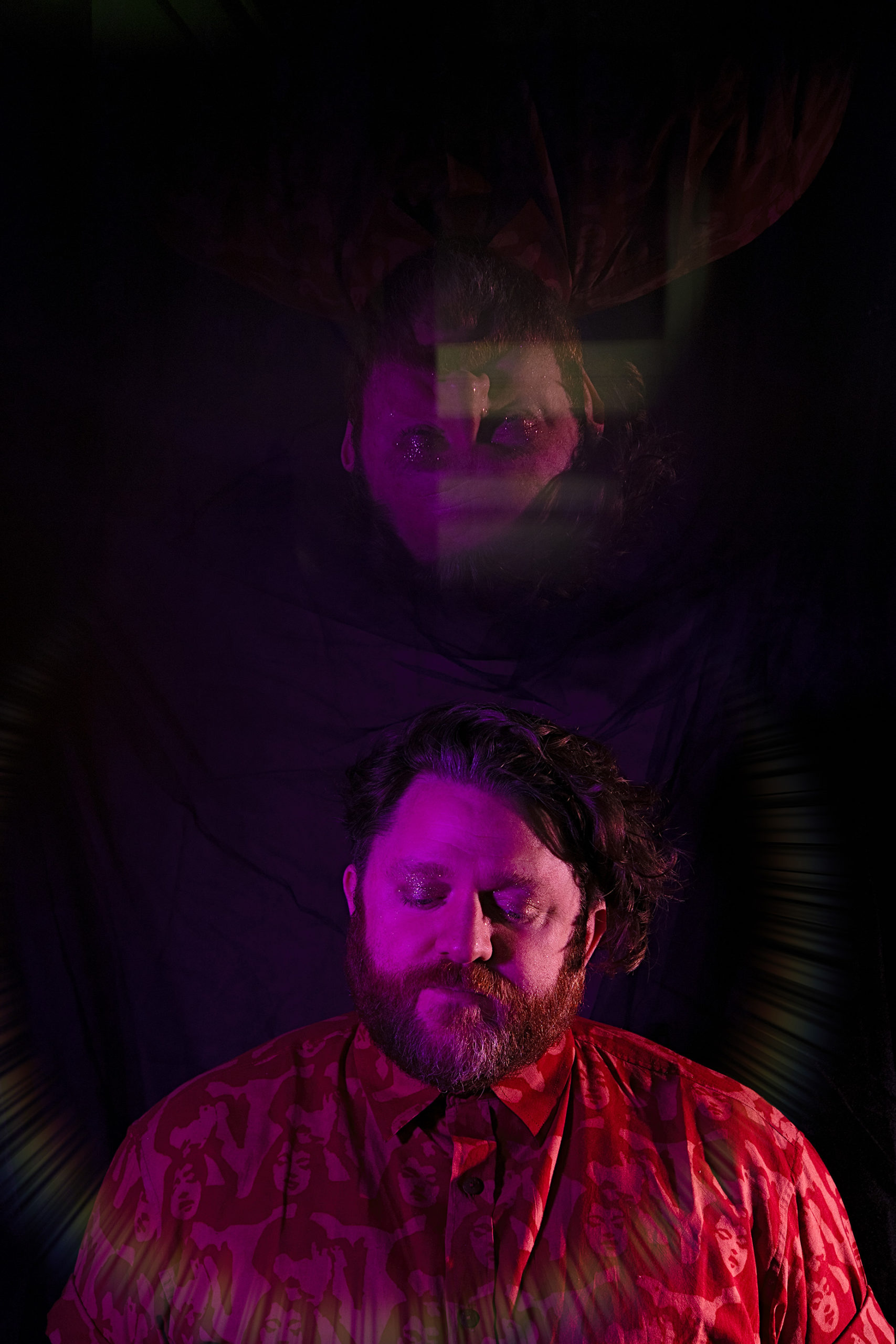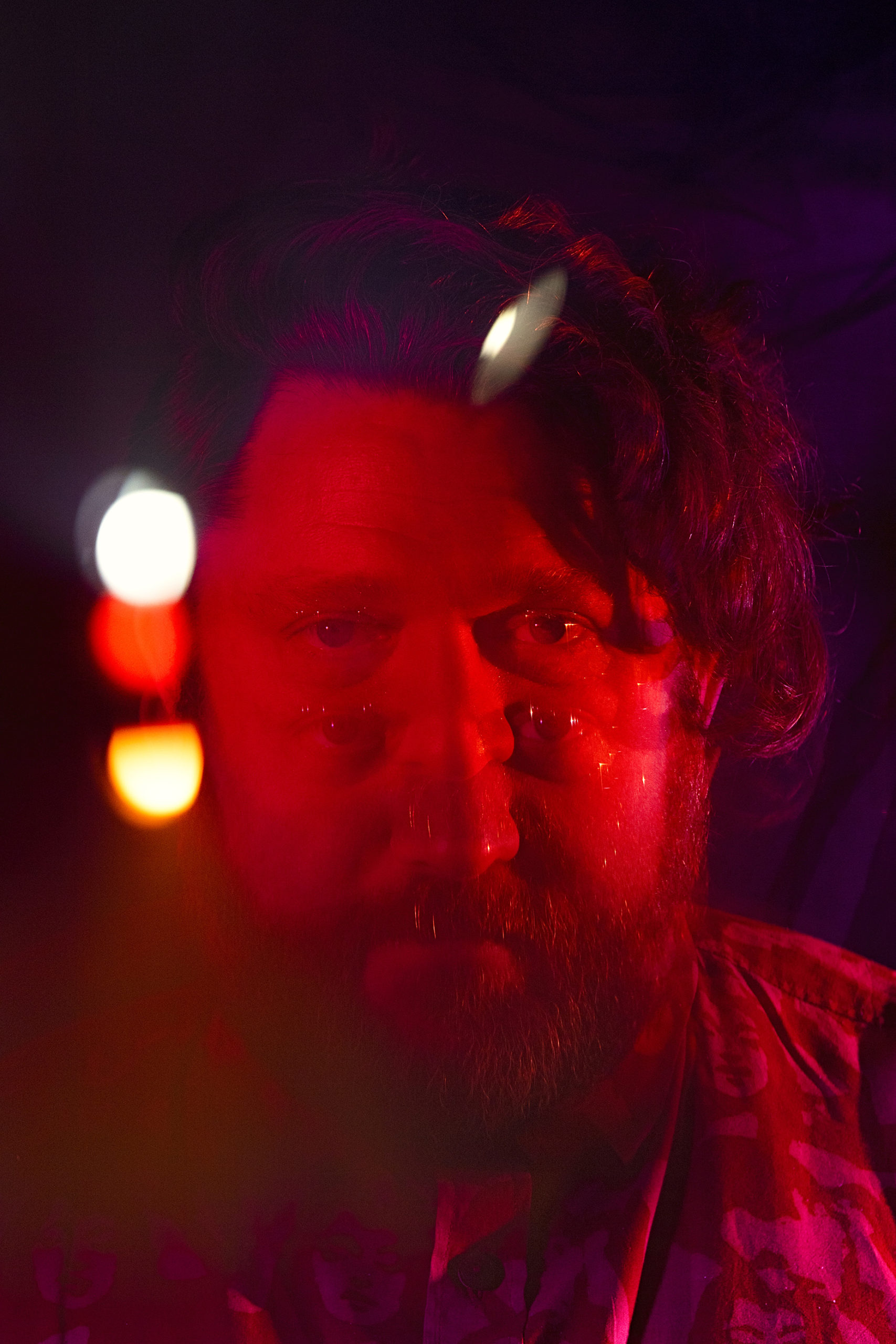Portland’s Most Inclusive Cocktail Bar
Nathaniel Meiklejohn started the Jewel Box eight years ago to create a safe space specifically for the marginalized community.


When Nathaniel Meiklejohn opened the Jewel Box— then called the Bearded Lady’s Jewel Box—it was one of the first cocktail bars in Maine. Eight years later there’s still nothing like it. Behind the bar, where you’d typically find lit-up liquor bottles, is a towering built-in bookcase with plants and tchotchkes, and next to it is an intricate mural of a colorful disco ball and tapestry between two bearded ladies in Victorian dress. There’s also an actual disco ball, along with sheer curtains and more plants, hanging from the ceiling. Before Meiklejohn opened the Jewel Box, he held speakeasy-style cocktail parties for friends and friends of friends at his apartment in Portland, and the drink nights helped inform the bar’s unique, pared-down offerings. The menu, which is printed on a single sheet of paper and encased in a metal picture frame, typically lists half-dozen boldly flavored cocktails created by Meiklejohn and his team, a couple of draft beers, a few cans of beer and cider, and a handful of bottles of wine. Earlier this year the James Beard Awards recognized the Jewel Box’s off-kilter approach by naming it a semifinalist for Outstanding Bar Program.
What do you look for when you’re creating a cocktail?
I want it to be layered in some way. Each of those drinks, I can tell you the beginning, middle, and the finish of it. Some drinks don’t have that, and I’m like, “Oh, man. We gotta make this drink better.” Some of the drinks are really simple, and they don’t have any juice, like the Tears in Club. Obviously, it tastes like whiskey, and then as you’re drinking it, you start to notice the cardamom bitters coming through. Drinks that evolve as you taste them. As you’re drinking it and as you’re breathing in and out, you taste different things.
How did running the drink nights at your apartment inform the bar?
The idea of keeping the menu simple is still something I’m passionate about—and having liquor hiding. I want people to relax, pick a drink, and then enjoy your company or enjoy the space. That’s exactly what the drink nights were at my apartment because what else are you going to do? I want people to drink with intention and purpose, not just to get fucked up. People will get drunk in the process, but hopefully they’re more focused on who they’re hanging out with, or if they’re hanging out alone, they’re more focused on their surroundings and the experience. The drink is almost the third important thing. We’ve done the hard work. We’ve already come up with these crazy drinks. You don’t have to reinvent the wheel while you’re here. Pick one, and then enjoy the music, look around, walk around, meet some people.


What was your vision for the bar’s environment and how did you go about creating it?
The vision was a feminine, safer bar. I learned as I went because I had never really worked at a place like that. I hadn’t even visited a place like that. In a male-dominated industry like bartending, the habits of men in bars are often excused, so it was tricky to handle people who would be like, “I want to buy those ladies some drinks.” It definitely got easier with the #MeToo movement to be like, “No, they didn’t come here to talk to you. They’re good. They don’t need your drinks.” I had to make it up as I went and lead by example with the employees. If we had a customer who was acting in a way we didn’t like, that didn’t fit our vision, I would just try to handle the situation the way that I thought it should be handled, and we developed a code of conduct that we expected from people. We don’t have a list or anything, but we all just understand when somebody’s being racist or oppressive in any way. We want marginalized people to feel like they belong more than people who look like you and me.
Why was it important to you to have a space that feels welcoming to everyone?
Just because it felt like it didn’t exist. And I don’t want to go on record saying I want a place that’s welcoming to everyone. I want a space that’s more welcoming to marginalized people. I don’t consider myself a marginalized person, but I have a lot of friends who are, so I want a place for them to hang out. My friends, people of color, my queer friends, my trans friends, they didn’t have a place where they could feel a little safer and a place where they knew we’d have their back if somebody came in and was being macho or annoying or even body shaming. We’ll kick them out. “Go to Matthews. Go anywhere else.” I was pleased to find out that people were gravitating towards us just by trying to be feminine. Even people who identify as masculine, like trans men, they still appreciate that this isn’t a sports bar. You can already go to those places, and it’s nice to have another option.
You’ve never had a sign for your bar. Was that always the plan, and do you think it changes the experience for people?
I had an idea for a sign, but it got too complicated, and I was running out of money, and we had to open, so I was like, “Okay, forget the sign. I just got done running a speakeasy. I think I can do this.” But also, since we were going to be doing something weird with the cocktails, the menu offering, and not having a back bar that people can look at and make up what they want or order whatever whiskey they see on the rocks, I knew the experience was going to be different for people, so I wanted them to come because of word of mouth. It was really slow, honestly, the first couple of years. It took a while to build up the audience. Also, we want to make sure our drinks are fucking good if people are being told to come here and our only advertisement is a recommendation from a friend. I’d rather people come here because a friend told them to as opposed to reading a Google rating or whatever. We’ve never really advertised, and I’m happy to say that, but I wouldn’t recommend that to other places. Because, obviously, you can get more business. It just might not be the kind of business you want.


Read More:
- Mainers of the Year 2022

- A Wyeth Muse, 30 Years Later

- Emma Tiedemann Shines as the New Play-By-Play Announcer of the Portland Sea Dogs

- Portland’s Most Inclusive Cocktail Bar

- The Ghost of Paul Revere Takes One Final Tour


